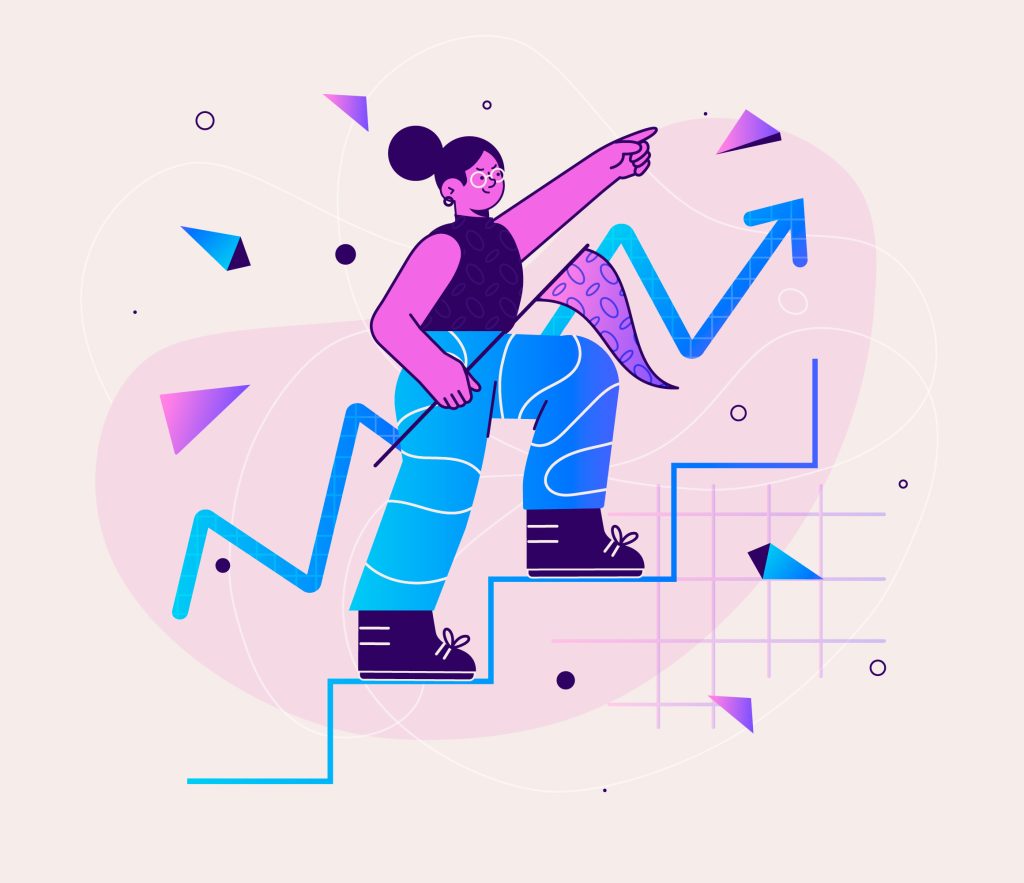In today’s always-on culture—where speed and constant action are praised—practicing stepping back before moving forward has emerged as a powerful wellness and productivity strategy. Whether in personal life or professional projects, intentional pauses offer clarity, reinforce focus, and can lead to more effective outcomes. This guide explores why stepping back matters now, how it connects to major lifestyle trends, and practical methods to integrate it into your routine.

Why Stepping Back Matters More Than Ever
Our brains aren’t designed for uninterrupted intensity. When we act without reflection—reacting impulsively instead of thinking—we often repeat mistakes, overlook better solutions, and increase stress.
-
Professionals involved in high-stakes environments frequently report decreased performance due to burnout and split attention. Intentional stepping back offers a reset—a moment to unplug from auto-pilot and reassess direction.
-
Self‑reflection isn’t fluff—it’s supported by psychological literature. Reflective practice, rooted in thinkers like John Dewey and Donald Schön, teaches that thoughtful pauses improve problem-solving and resilience.
-
Clinically, mindfulness-based stress reduction (MBSR) urges stepping out of reactive cycles into reflective awareness, which reduces rumination and improves emotional regulation.
In short, stepping back before moving forward nurtures mental clarity, emotional balance, and more intentional living.
How Stepping Back Aligns with Today’s Trends
Reflection and rest aren’t just personal habits—they’re becoming cultural movements:
Slow Living
The slow-living movement emphasizes intention over speed, encouraging people to pause before acting and appreciate the moment.
Micro-Retiring
Younger professionals are increasingly taking mini-breaks from their careers to recharge and reflect on long-term goals. These pauses, though unconventional, often support better future performance.
Silent Walking
A viral wellness trend, silent walking—without phones—is a form of stepping back. Participants report renewed clarity and enhanced creativity.
Anti-Hustle & Mental Health
Therapists advise delaying immediate reactions—practicing micro-pauses before decision-making—to reduce anxiety and support wise responses.
These shifts show a broad cultural appetite for pausing, centering, and reflecting before moving forward.
The Science: Why Pausing Improves Performance
| Benefit | What Science Says |
|---|---|
| Clarity and insight | Pauses allow the default mode network to process information unconsciously |
| Conflict resolution | Reflective pauses reduce reactive aggression and improve interpersonal outcomes |
| Emotional balance | Reflection builds self-awareness and resilience |
| Focus and well-being | Stepping back boosts mental fitness and stress control |
These aren’t theoretical—it’s practical neuroscience meeting everyday life.
How to Step Back Before Moving Forward: A Practical Guide
Here’s a structured approach to integrate pauses into your lifestyle:
1. Schedule Micro-Pauses
-
Insert 1–3 three-minute pauses daily for breathing, quiet reflection, or sensory grounding.
2. Use Reflective Prompts
Ask:
-
“What just happened?”
-
“How am I feeling?”
-
“What’s my core objective right now?”
These questions help shift from reaction to perspective.
3. Micro Journaling
-
At key moments—end of day, after meetings—write 3 sentences on: what went well, surprises, and next steps.
-
This builds insight and intentional action.
4. Silent Movement
-
Try silent walking or stretching without any digital inputs to promote mindful presence.
5. Implement Reflective Cycles
Adopt frameworks like Gibbs’ or OODA loops to regularly check in on what’s working and what needs adjusting.
Real-Life Transformations
-
At work, teams find pausing for 2–3 minutes after heated debates helps shift from conflict to collaboration.
-
Wellness advocates use silent walking as a daily reset, improving mood and reducing stress.
-
Leaders who reflect before responding to pressure build emotional intelligence and lower decision regret.
Overcoming Resistance to Pause
-
Busy=Important mindset: Remind yourself stepping back boosts quality, not laziness.
-
Guilt for downtime: Treat pauses as productivity tools, not indulgences.
-
Time scarcity: Start with micro-pauses—tiny moments give outsized returns.
-
Lack of structure: Use the prompts and frameworks above to give pauses purpose.
How to Measure the Impact
Look for:
-
Reduced reactivity and impulsivity
-
Stronger decision-making and fewer errors
-
Improved mood and clarity
-
Better long-term performance and resilience
Tracking over time turns a mindful practice into a measurable strategy.
Conclusion
The art of stepping back before moving forward isn’t a departure from progress—it’s an enabler of it. In our fast-paced world, intentional pauses release mental pressure, refresh perspective, and improve action. By weaving simple reflective habits into daily life—micro-journaling, silent walking, structured pauses—you set the stage for more thoughtful, adaptive, and long-lasting growth.
If momentum matters, first step back—and then move forward with purpose.
References
- Wikipedia – Reflective Practice
Explains how stepping back through reflection informs professional growth and decision-making
https://en.wikipedia.org - People – Micro‑Retiring for Mental Health
Discusses the trend of taking mini-career breaks (“micro‑retiring”) to recharge and re-evaluate
https://people.com - Marie Claire – Silent Walking Trend
Covers the rising practice of silent walking as a simple exercise in focused presence and mental clarity
https://www.marieclaire.co.uk









